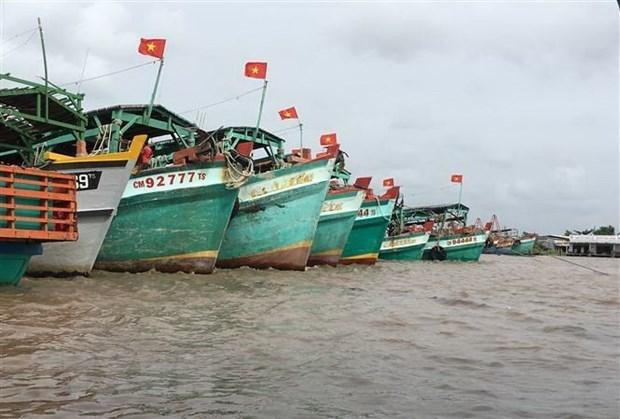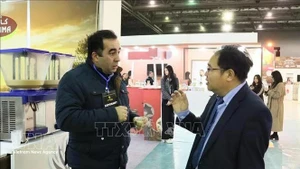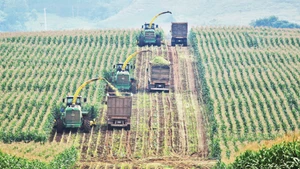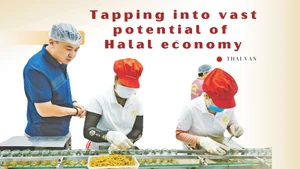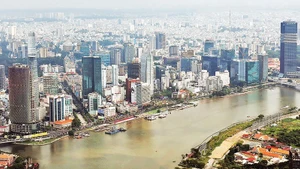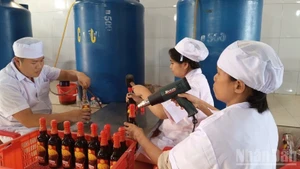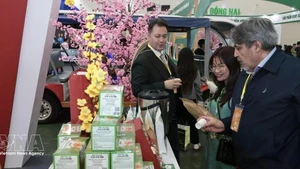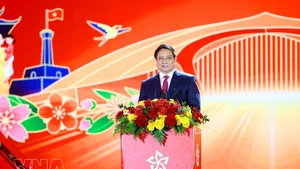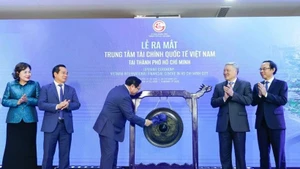The host said the European Union (EU) has become a leading partner of Vietnam in various spheres, especially trade, investment, and development cooperation.
He appreciated the recommendations by the EC’s Directorate-General for Maritime Affairs and Fisheries to help Vietnam deal with IUU fishing, noting that most of these recommendations match the country’s policy of promoting responsible fisheries and sustainable development of the industry.
Thanh underlined that Vietnam has been making all-out efforts to handle the EC’s recommendations in the best possible manner to develop a sustainable, responsible, and well-controlled seafood fishing industry. He also reaffirmed the strong commitment and joint efforts by authorities, fishermen, and businesses to prevent, end, and eradicate IUU fishing.
However, the Deputy PM noted, Vietnam’s fishing grounds in the East Sea are affected by many factors while its resources remain modest, so the IUU fishing combat needs great efforts, a roadmap, and time to sustainably put an end to the IUU fishing.
Given this, he called on the EC and EU member states to keep close cooperation with and timely technical assistance for Vietnam, with specific features of the country’s fisheries industry taken into account, to implement the recommendations.
He asked the EC to recognise Vietnam’s efforts against IUU fishing and the positive results obtained, and to lift the “yellow card” warning for the country.
At the meeting, Roberto Cesari, head of the anti-IUU fishing unit of the EC’s Directorate-General for Maritime Affairs and Fisheries, said fighting IUU fishing is an increasing priority in the EU’s agenda, and that the bloc views this as a top priority in its and each of its members’ cooperation with partner countries.
The delegation highly values Vietnam’s efforts to engage the entire political system in drastic and methodological measures to combat IUU fishing, he said, noting that through random examination of coastal localities, the delegation has seen considerable progress and improvements in anti-IUU fishing actions, including boosting information transparency and improving capacity for fisheries management personnel in 28 coastal localities.
It perceived that Vietnam has taken drastic actions at the central level as seen in the issuance of many legal regulations, mechanisms, and policies for IUU fishing prevention, but the enforcement at the grassroots level is still weak.
In the time ahead, the country should have effective management mechanisms with strict legal regulations, ensure consistent and uniform enforcement from the central to local levels, stringently deal with all violations, devise an all-round plan for managing fishery resources and strictly controlling the import of fishery materials for export processing, and eradicate fishermen’s infringement of foreign waters, Cesari said.
The delegation is set to make another examination and assessment trip to Vietnam in the next six months, the official added.
